Let’s begin with a quote from Stephen King:
“When I’m reading, I will never stop on page 94, page 193, or page 382. The digits of these numbers add up to 13.”
During my research for this article, I came across the aforementioned quote along with many other intriguing details…
For instance, did you know that for many Wiccans, the number 13 holds significant power related to fertility and the Goddess?
Have you ever pondered why so many consider Friday to be an unlucky day, while it’s not seen the same way by Wiccans and Pagans?
I’ll elaborate on that shortly, but first, let’s explore the origins of the fear surrounding Friday the 13th.
How did the number 13 become associated with bad luck?
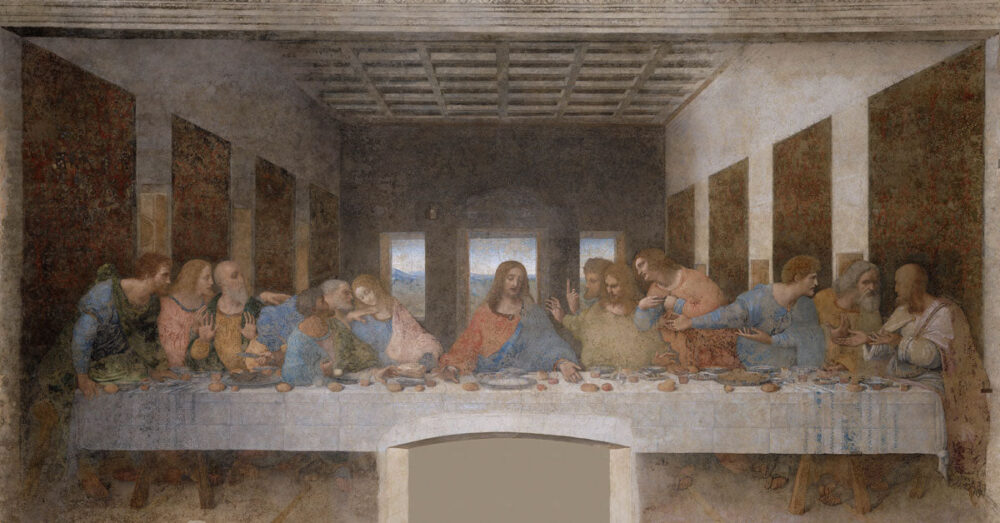
(The Last Supper)
The earliest recorded instance of 13 being seen as unlucky dates back to the late 1600s. It was believed that having 13 individuals at a table would lead to one of them dying within a year.
This superstition seems to have its roots in an ancient Norse myth involving the Ase gods:
Twelve gods were hosting a dinner at Valhalla when Loki unexpectedly showed up as the 13th guest. At this gathering, Loki orchestrated the death of Balder (the joyous god) by manipulating Hoder (the blind god of darkness) into shooting him.
Odin cherished Balder deeply, ensuring that every living and deceased thing promised not to harm him, except for mistletoe, which Odin overlooked. Consequently, Loki dipped one of Hoder’s arrows in mistletoe and persuaded him to shoot at Balder.
Balder’s death plunged the earth into darkness, marking 13 as an emblem of misfortune.
In the Bible, a similar narrative unfolds during the Last Supper, with 13 individuals present, one of whom soon met with death.
Interesting facts about the number 13
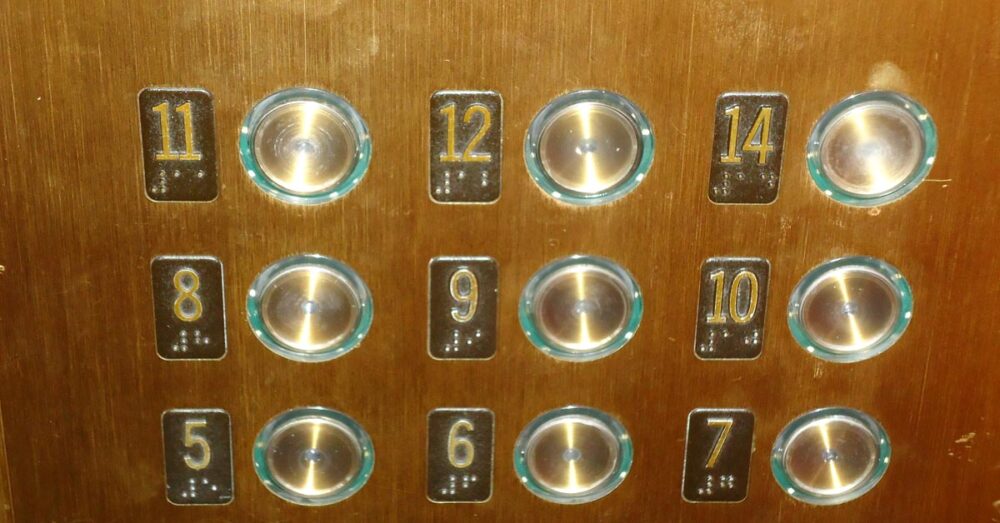
(This hotel does not have a 13th floor!)
- 13 menstruations: In certain ancient faiths, the number 13 symbolized the goddess, as a woman typically menstruates 13 times a year (28×13 = 364 days).
- 13 people: During the Last Supper, there were 13 individuals present (including Jesus).
- Floor no. 13: Numerous hotels and high-rise buildings skip having a 13th floor, with some omitting rooms numbered 113, 213, and so forth.
- 13 Colonies: When the US was first established, it comprised 13 colonies. The initial US flag featured 13 stripes and stars (though it later changed to 15 stars and stripes before reverting to 13 stripes with 50 stars).
- President Roosevelt: Roosevelt had a significant aversion to the number 13 and took various measures to avoid it, never dining with 13 people at his table. If he found himself invited to a gathering with 13 guests, he’d ask his secretary to join.
- A real phobia: In the early 1900s, a term was coined for the fear of the number thirteen: triskaidekaphobia.
What about Friday?
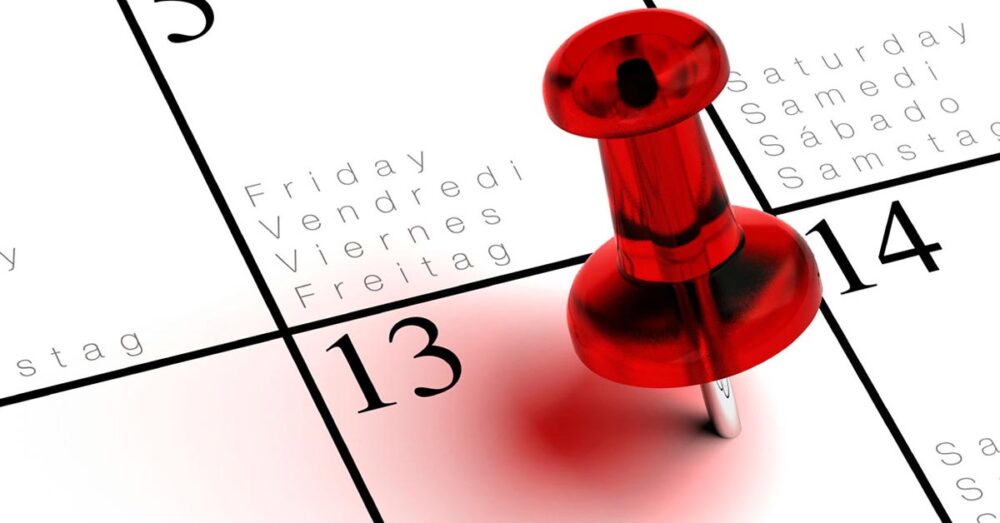
It’s not merely the number; the significance of this day arises from the combination of it being both a Friday and the 13th. So, what’s noteworthy about Friday?
In the US, Friday is recognized as the sixth day of the week. The number 6 is often linked to the devil (666).
Since the 14th century, Fridays have been regarded as unfortunate days. Here are just some negative events that have transpired on a Friday:
- Jesus was crucified on a Friday
- Eve led Adam astray on a Friday
- Abel was killed by Cain on a Friday (the 13th, in fact)
- The great floods commenced on a Friday
- The events of the Tower of Babel also unfolded on a Friday
- In Rome, executions took place on Fridays
- In Britain, people were hanged on Fridays as well
As illustrated, the Bible and Christianity seem to harbor an aversion to Fridays.
Let’s delve further into this and see what we uncover…
Friday the 13th and Wiccans:
To Wiccans, Friday the 13th is not a day of bad luck at all. Quite the opposite, in fact.
For ancient Pagans, Friday was perceived as a day for receiving blessings and gifts from the deities, marking it as a spiritually significant and fortunate day.
In some ancient Pagan beliefs, the number 13 represented the final phase of life, where the first 12 stages occurred on earth and the 13th symbolized the afterlife.
This perspective sees death as a natural aspect of life, rather than something to be feared.
The name Friday itself is derived from Freya, the goddess of love and fertility, who had two black cats—a gift from Thor, the god of Thunder.
Author Charles Panati shares his views on Freya and Friday the 13th:
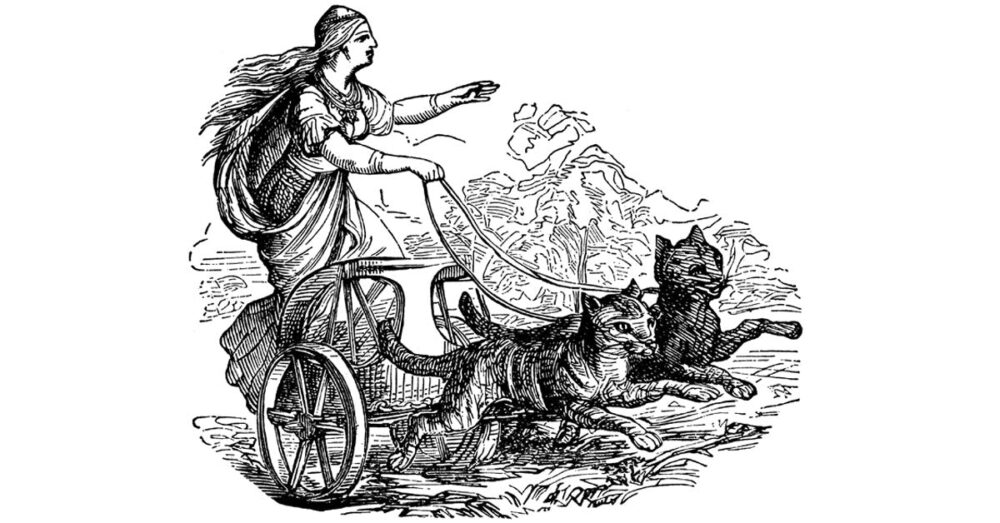
(Freya with her cats)
Conclusion:
As you can see, this ties back to Witches and Wiccans.
When Christianity began to supplant Pagan beliefs, efforts were made to portray the old gods in a negative light. It’s uncertain why, but Freya seems to have drawn the short


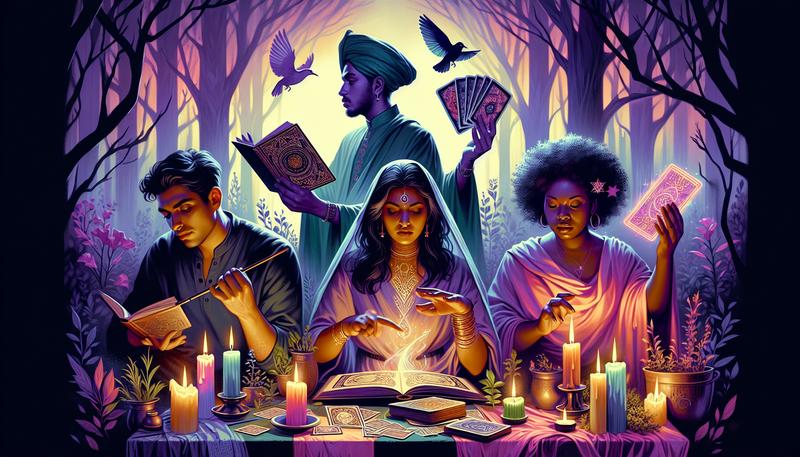

I love Friday the 13 th! My Grandfather was born on Friday the 13 th in Feb and my oldest son was born on Friday the 13 th of January! How could this be bad!? It can’t. I feel huge power and insight today! It is wonderful!
The Knights Templar were attacked and disbanded on Friday the 13th, October 1307.